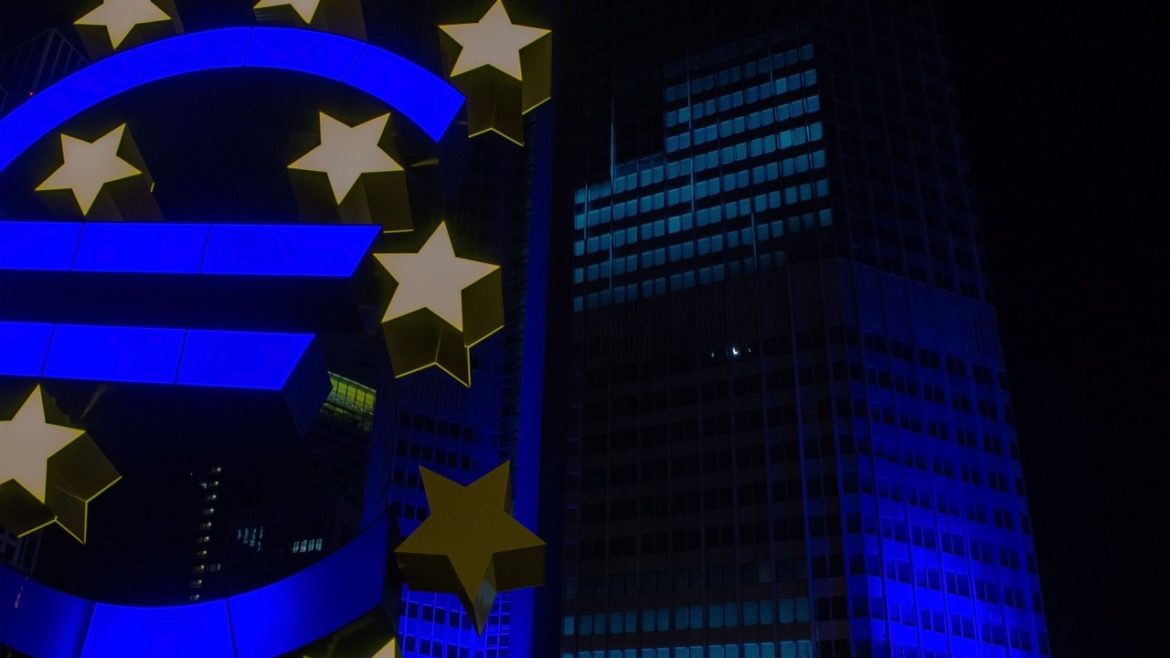Gold has all the potential to go unprecedentedly high. But silver will be gold on
Site:
Precious metals news
While the headline remains above COVID lows albeit at its lowest level since Feb 20921 (and Present Situation remains completely blind to reality still), this is the lowest 'Expectations' print since March 2013.
 New Home Sales & Prices Plunged In June As Pulte Admits Order Cancellations Are Soaring
New Home Sales & Prices Plunged In June As Pulte Admits Order Cancellations Are SoaringJul 26, 2022 - 07:25:32 PDT
The consensus was right in direction but off in magnitude as new home sales plunged 8.1% MoM in June and the 10.7% surge in May was revised down to just +6.3% MoM...
Just remember, the US economy had strong employment figures just prior to the 2008 Great Recession and financial crisis, so US Treasury Secretary Yellen, Biden’s economic cheerleader Bernstein and Obama’s economic cheerleader Sperling are all relying on a bad indicator of economic health to justify that the US economy is in great shape.
 No Recession? All Of A Sudden Yield Spreads Are Collapsing: Lance Roberts
No Recession? All Of A Sudden Yield Spreads Are Collapsing: Lance RobertsJul 26, 2022 - 07:05:25 PDT
No recession. That was the recent declaration from Treasury Secretary Janet Yellen, noting that consumer spending, industrial output, credit quality, and other indicators don’t suggest economic risk.
 A Stagflationary Debt Crisis Coming, Combining the Worst of the 1970s and 2008: Nouriel Roubini
A Stagflationary Debt Crisis Coming, Combining the Worst of the 1970s and 2008: Nouriel RoubiniJul 26, 2022 - 06:07:16 PDT
“There are many reasons why we are going to have a severe recession and a severe debt and financial crisis,” Roubini, one of the experts who predicted the financial meltdown of 2008-09, told Bloomberg July 25. “The idea that this is going to be short and shallow is totally delusional.”
 IMF Slashes Global GDP Forecast As Economic Outlook Grows ‘Gloomy and More Uncertain’
IMF Slashes Global GDP Forecast As Economic Outlook Grows ‘Gloomy and More Uncertain’Jul 26, 2022 - 06:04:48 PDT
The International Monetary Fund on Tuesday cut its global growth projections for 2022 and 2023, dubbing the world's economic outlook "gloomy and more uncertain."
 "The Fed Will Have To Ease Back, Unless It Wants To Create Real Panic Across Markets"
"The Fed Will Have To Ease Back, Unless It Wants To Create Real Panic Across Markets"Jul 26, 2022 - 05:53:31 PDT
The recession drumbeats grew louder after last week’s slump in US activity gauges and with rates traders pricing for the Fed rate to peak some time between November and February at about 3.3%. That’s going to make it very hard for the central bank to do anything but ease back, unless it wants to create real panic across markets.
Bitcoin sank to a one-week low, buffeted by investor skittishness ahead of a looming Federal Reserve interest-rate hike and amid harsher regulatory scrutiny of the cryptocurrency sector.
Jul 26, 2022 - 05:51:41 PDT
Cyberattacks targeting the finance industry are now five times higher than attacks on retail.
Mario Draghi’s defenestration has left the Italian — and indeed international — establishment reeling in horror. This is not surprising. When he was nominated as Italy’s prime minister at the beginning of last year, Europe’s political and economic elites welcomed his arrival as a miracle.
Lagarde and her colleagues can’t do it all. The euro zone will be in serious trouble unless the EU’s leaders step up.
Key workers in supply chains across the globe know that their jobs have never been more crucial - and they're taking advantage of that leverage, demanding better working conditions. Labor protests have been turning up at all spots in the global supply chain, including railways, trucking, warehouses and ports, in locations spanning Australia to Peru, according to a new Bloomberg writeup.
Chinese beef hotpot restaurant chain Baheli, which makes only a third of the revenue it earned before the COVID-19 pandemic, has no intention to resume its expansion, even if authorities bring new infections to zero.
The Federal Reserve’s interest-rate hikes are wearing out their welcome in bond markets, with a measure of the yield curve that Chair Jerome Powell has highlighted as a recession indicator sending out a warning message.
It could be about to get real ugly for struggling retailers, warns one industry veteran.
 ‘The Biggest Ponzi Scheme in History’: CEO Warns Fed’s Strategy Has Created a Big Bubble in Housing
‘The Biggest Ponzi Scheme in History’: CEO Warns Fed’s Strategy Has Created a Big Bubble in HousingJul 26, 2022 - 05:29:46 PDT
Should we still trust the Fed? This bigwig has serious concerns.
The Federal Reserve is likely to stay hawkish for longer amid persistently high inflation, according to Goldman Sachs Group Inc. strategists, the latest to enter the debate around a potential central bank pivot as growth slows.
U.S. stock futures pointed to losses at Tuesday’s open as investors mulled disappointing earnings from Walmart and General Motors and braced for results from Big Tech.
It's getting harder and harder to deny recession reality. Even as the Biden administration tries to spin itself out of that reality with a propaganda campaign, many in the mainstream seem to be waking up.On Monday (July 25), Reuters reported that the tanking housing market is a red warning flag signaling a recession.
Inflation and rapidly spiking prices aren't just a problem in the US. It's gotten so bad in Europe that that perpetually dovish European Central Bank (ECB) has been forced to go hawkish.But not really. Just hawkish for the ECB.Last week the ECB raised interest rates for the first time since 2011. The bank surprised markets, raising all of its policy rates by 50 basis points. That pushes its deposit rate all the way to — zero.























